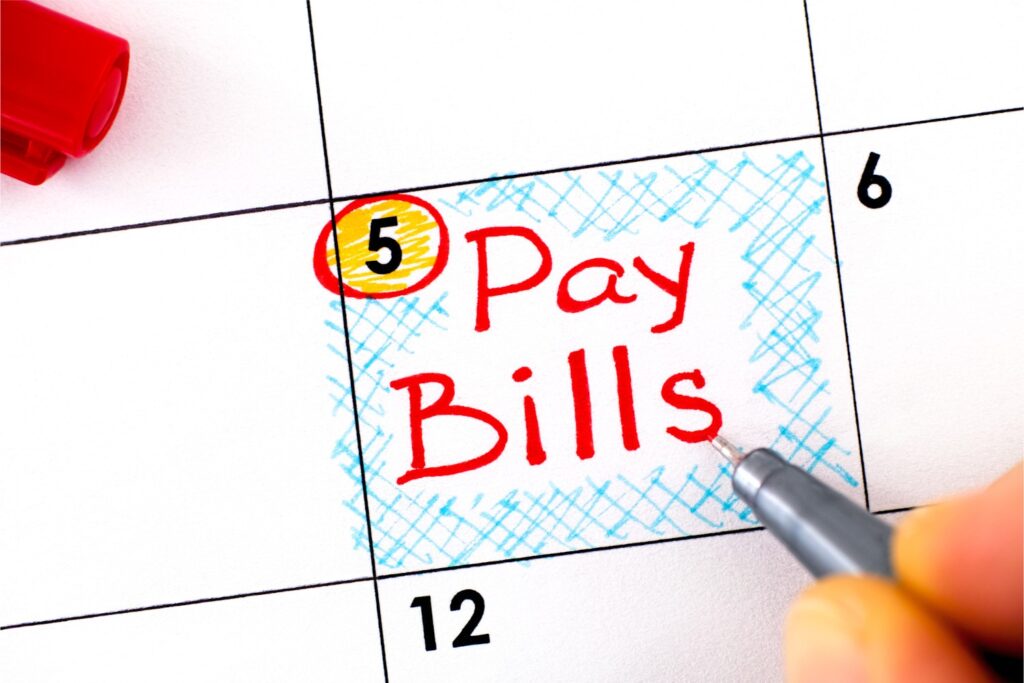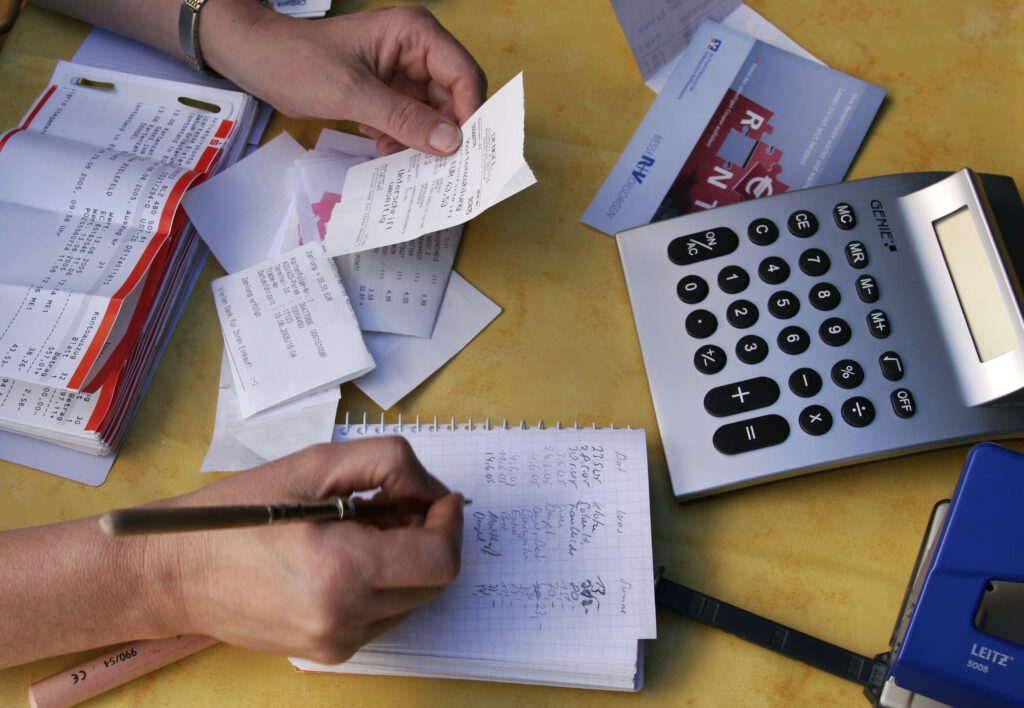Paying bills for the first time can feel overwhelming. Many young people make mistakes when managing their money. These mistakes can lead to stress and financial problems. But don’t worry! This guide will help you avoid common mistakes and build good money habits.
Many young people don’t create a budget. They spend money without tracking it. This often leads to running out of money before the month ends.
To avoid this, you need a budget. A budget helps you plan how to spend your money. Use the 50/30/20 rule:
- Spend 50% of your income on needs like rent, food, and bills.
- Use 30% for wants like eating out or hobbies.
- Save 20% for emergencies or future goals.
Late Payments: A Costly First-Time Mistake
Forgetting to pay bills on time is a common mistake. Late payments can lead to extra fees. They can also hurt your credit score.
To avoid this, set up direct debits for your bills. This way, the money will leave your account automatically. Use reminders on your phone or calendar to track due dates.
It’s also a good idea to keep a separate account for bills. Transfer the money for your bills into this account as soon as you get paid. This ensures you always have enough to cover your payments.

Forgetting Utility Bills – A Common First-Timer Error
Spending too much on things you don’t need is a big mistake. Many young people spend a lot on eating out, shopping, or gadgets. This leaves little money for bills and savings.
To avoid this, prioritize your needs over your wants. Set a monthly limit for fun activities. For example, decide how much you’ll spend on eating out or shopping.
Many young people underestimate how much utilities cost. Utilities include electricity, water, and internet. Ignoring these costs can lead to surprise bills.
Not Saving for Emergencies – One of the Biggest Mistakes
Life is full of surprises. You might need money for car repairs or medical bills. Many young people rely on credit cards for emergencies. This creates debt and stress.
To avoid this, start building an emergency fund. Save a small amount each month, even if it’s just £10. Over time, this will add up.
Aim to save enough to cover 3-6 months of living expenses. Use this fund only for true emergencies. This will give you peace of mind.
Ignoring Credit Scores When Paying Bills for the First Time
Your credit score is very important. It shows how reliable you are with money. A low credit score can make it hard to rent a flat or get a loan.
To avoid this, pay your bills on time. This builds a positive credit history. Use only 20-30% of your credit card limit. For example, if your limit is £1,000, try not to spend more than £300.
Check your credit score regularly. You can use free services like ClearScore or Experian. These tools also give tips to improve your score.
Living Beyond Your Means – Another First-Time Trap
Many young people spend more than they earn. They rent expensive flats or buy costly cars. This leaves little money for savings or emergencies.
To avoid this, live within your means. Your rent should not be more than 30% of your income. For example, if you earn £2,000 a month, your rent should be £600 or less.
When buying a car, choose one you can afford to maintain. Expensive cars often have high repair costs. Think about the long-term costs before making a big purchase.
Get-Rich-Quick Schemes: A Risk for First-Time Earners
Some young people invest in schemes that promise quick money. These include Ponzi schemes or risky investments. Most of these schemes fail and cause people to lose money.
To avoid this, focus on reliable investments. Learn about saving and investing from trusted sources. Avoid anything that sounds too good to be true.

Missing Out on Pensions – A Long-Term Mistake
Many young people think pensions are for older people. They don’t join workplace pension schemes. This is a big mistake.
To avoid this, enroll in your employer’s pension scheme. Your employer will match a part of your contribution. This is free money for your future.
Even if retirement feels far away, starting early helps. The money you save now will grow over time.
Conclusion
Paying bills for the first time doesn’t have to be stressful. Avoid common mistakes like overspending, missing payments, or ignoring your credit score. Create a budget, save for emergencies, and ask for help when needed.
By building good money habits now, you can enjoy a stress-free financial future. Start small, stay consistent, and watch your confidence grow!
Thank you for reading, click the link to read more of our Advice Articles
Inside Success presents to you our digital platform, created to inform, inspire and empower 16-35s. Through our articles, we aim to bring bold ideas, fresh voices and real conservations to life. From mental health advice, to career information, and fashion tips to social issue debates, Inside Success is proud to have created a platform that has something to cater to everyone.




Leave a Reply
You must be logged in to post a comment.